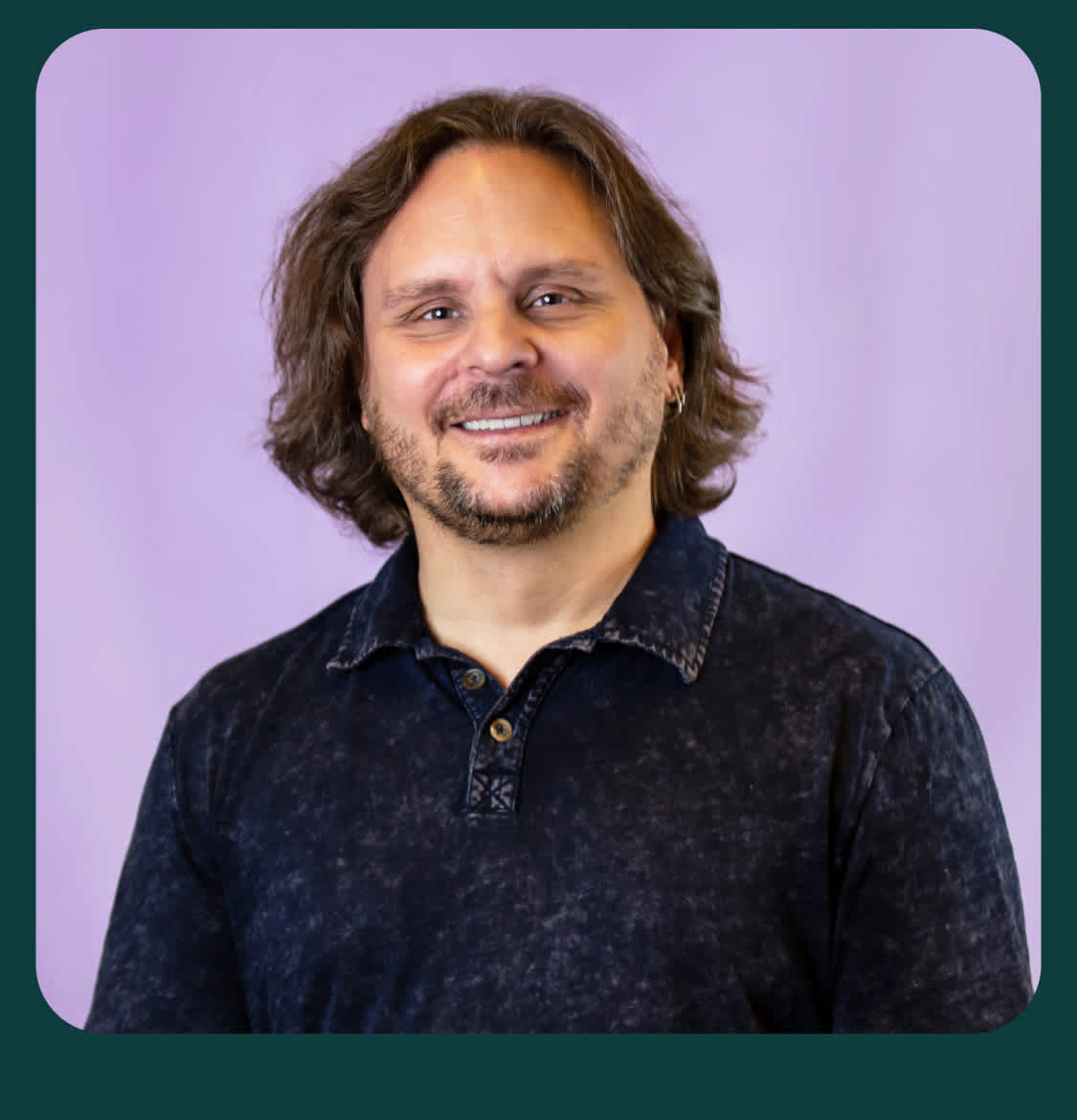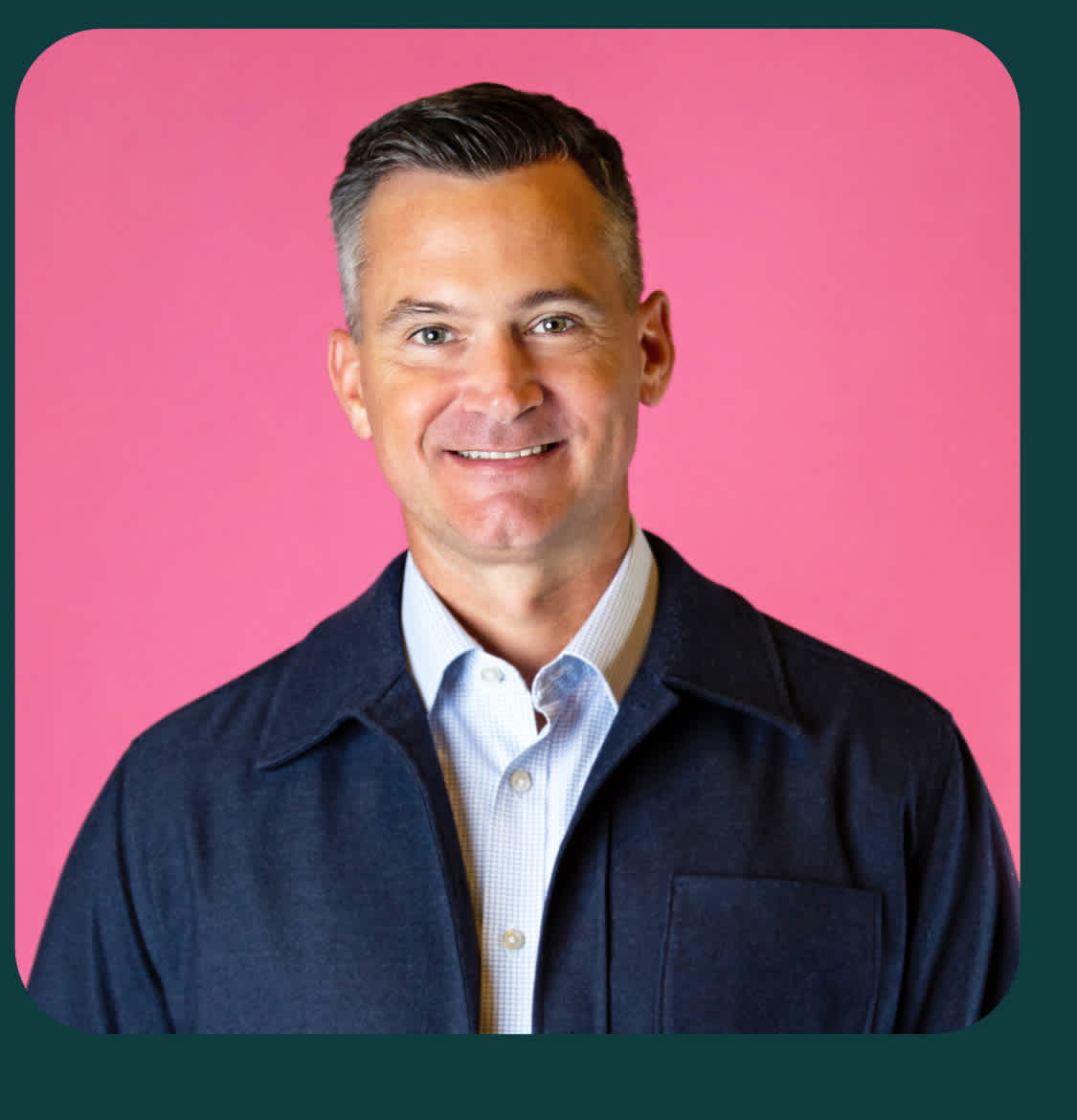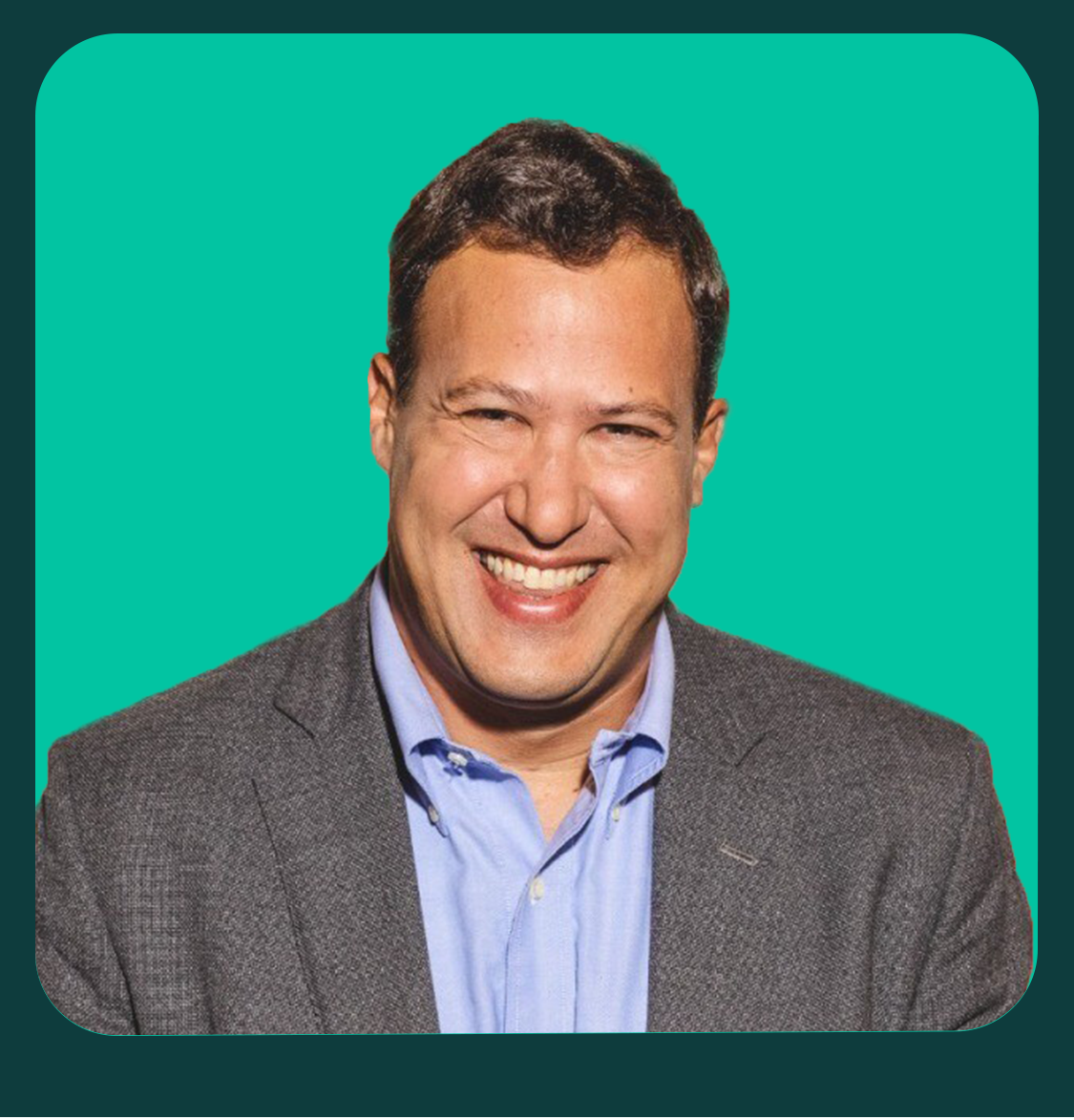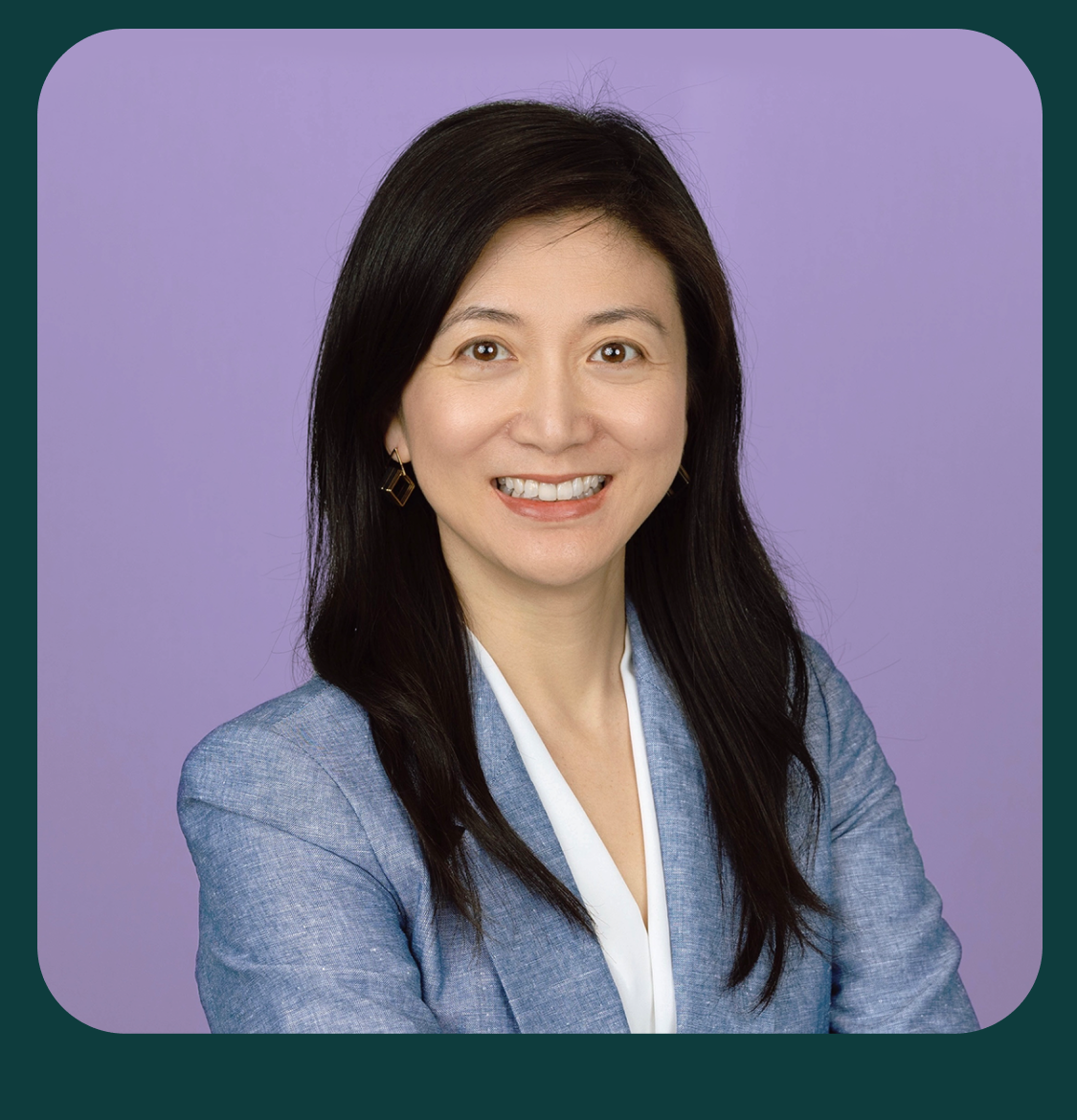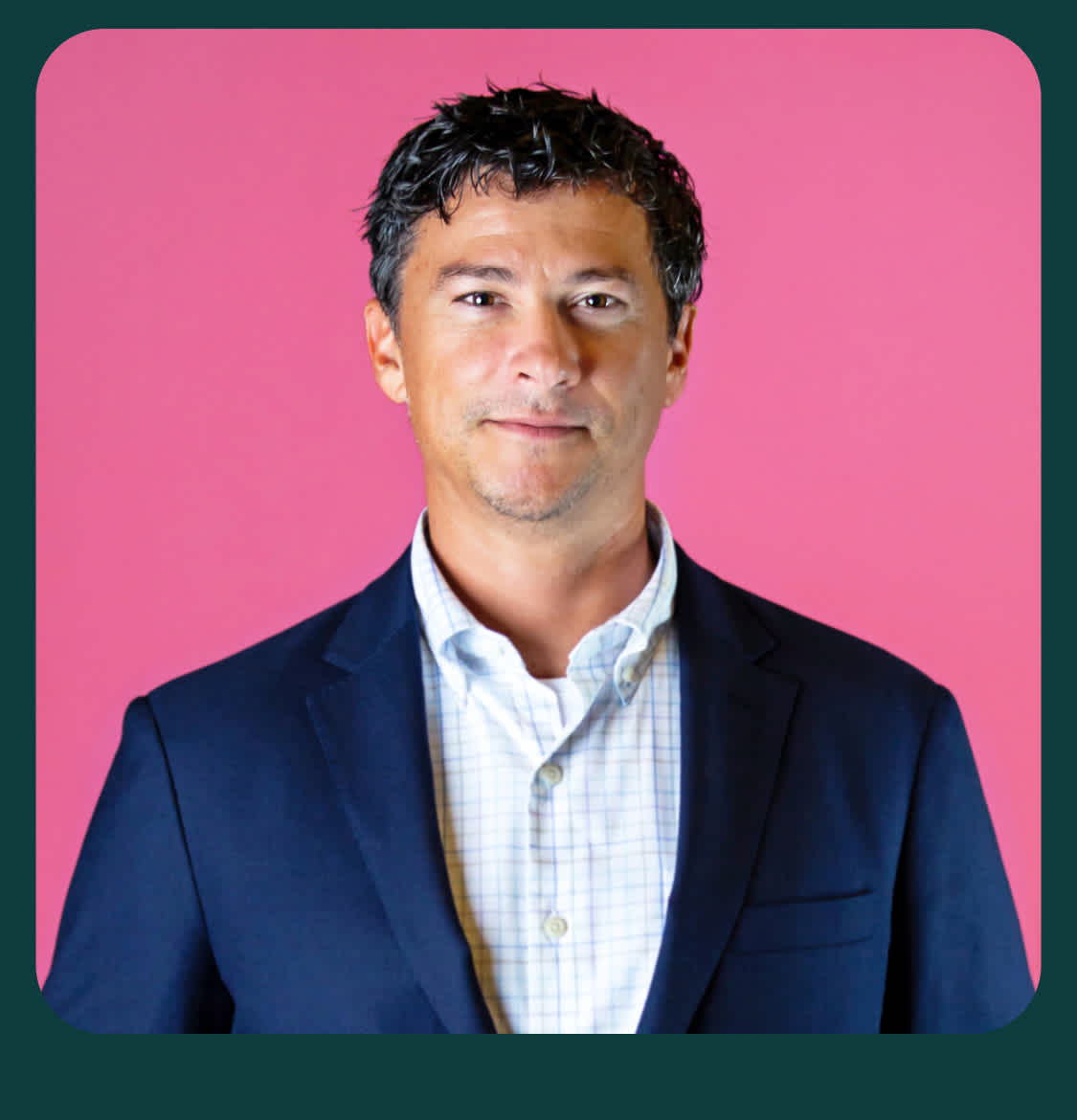We are a global group of question askers and problem solvers
We strive to bring excellence and humanity to everything we do
Be Brave
We boldly envision a future of possibility - for Fullstory, our customers, and ourselves. We take thoughtful risks, knowing that sometimes we fail.
Take Ownership
We champion proactive ownership. We chart the path from where we are to where we want to be and relentlessly drive toward completion.
Communicate with Clarity
We strive to be clear, concise, and thorough. Writing accelerates our learning and strengthens teamwork.
Outpace & Outperform
We are motivated by progress and results. We pick up the pace to better serve our customers, to outperform the competition, and to optimize our growth.
Assess & Adapt
We harness data to measure impact and make informed decisions. When data suggests we’re not achieving our intended goals, we consider what we’ve learned and adapt.
We don’t believe leadership is limited to those with a certain title
We look to contributors at all levels to be masters of their craft and to inspire excellence every day. Here are just some of the thought leaders who keep us on the path to greatness.
We believe in bringing our full selves to work
At Fullstory, we are focused on creating an environment where anyone can thrive and be themselves without question or fear regardless of race or color, gender or gender identity, sex or sexual orientation, religion or lack thereof, genetic information, national origin, pregnancy, childbirth, or related medical conditions, age, disability or handicap, citizenship status, or service member status.

Our investors
We're incredibly fortunate to have the support of the innovative, forward-thinking teams at these organizations.
